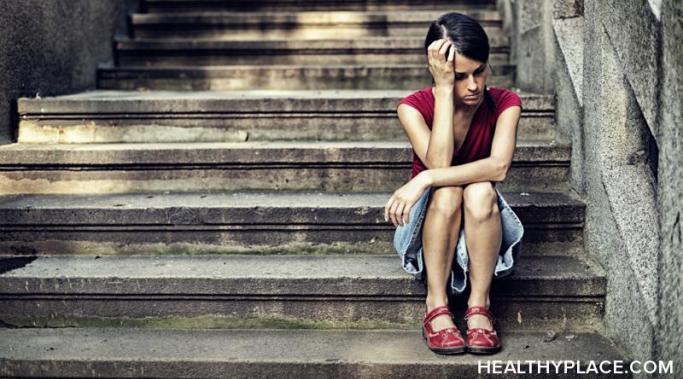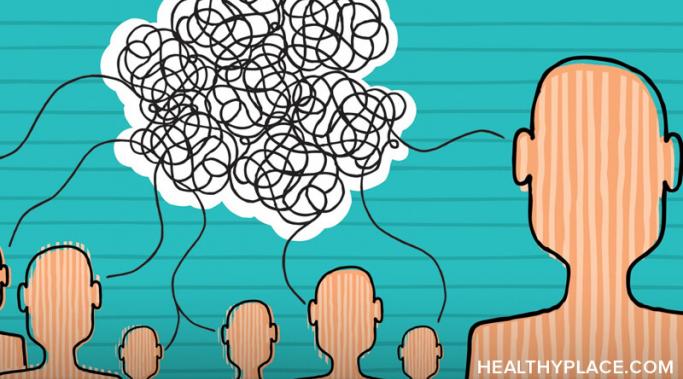Most of my thoughts and beliefs about recovery focus on what I can integrate into my routine to help me change harmful patterns. I practice observing my patterns, which manifest in many ways. I observe how I react to stress, how I listen and respond to others, and how I think about myself and others. This is a lot to observe and try to change, and lately, I'm narrowing my focus on my ability to show myself compassion in recovery.
Binge Eating Coping Skills
I'm currently changing my routine of constant busyness to a routine that includes more rest and more time in stillness. I'm spending more time alone in silence to practice observing my thoughts. I've only just begun to practice, and I've noticed how often my thoughts tend to revolve around food and eating. It's almost like I can't stop thinking about food. I'm at a stage now where I'm ready to lean further into eating disorder recovery, and I can learn from observing the thoughts I observe that revolve around food.
My birthday is coming up this week, and I've been writing and reflecting in preparation for it. When I reflect on my last year, so much change has happened, but those changes aren't obvious or visible from the outside. This is the reality of going through recovery from eating disorders like binge eating disorder (BED). There are so many emotions, habits, thought patterns, and behaviors to change, and these massive internal changes aren't easy to see from the outside.
I recently bought a deck of cards full of question prompts, and one of the first question cards I drew was, "What is your vice?" The answer that surfaced for me was familiar: food. I will always be conscious about food, even in times of ease in my recovery. Sometimes this reality is frustrating, and I envy the people around me who seem to enjoy food without stress or guilt. I also learn about the depths of myself from the healing process. The lessons I've taken from binge eating disorder remind me that there's always more to uncover about myself and eating disorders like binge eating disorder (BED).
We all experience cycles or patterns of behavior that we want to change. Those of us who have experienced binge eating disorder (BED), or eating disorders in general, know the pain and frustration that is felt when you are trapped in a cycle of disordered, destructive eating. It is especially frustrating when you try to recover and leave behind your old cycles and patterns and you realize you're still stuck in a binge eating cycle.
When I struggle with disordered eating behavior, specifically binge eating disorder (BED), I am usually fixated on thinking about the future. Fear and worry dominate whenever I try to control my food intake or comfort myself with food. The fear of the unknown triggers my binge eating disorder symptoms.
Each summer, I am greeted by a familiar experience. I shake my routines and try to squeeze in being outside and seeing people I haven't seen in a while. Summer draws out my restless, ambitious side. I've realized in previous summers that this frenzy of activity affects the routine that keeps me in recovery from binge eating disorder (BED). This summer, I am reminding myself what I need to do to savor the summer months while not engaging in eating disorder behavior.
When we recover from binge eating disorder (BED), or any other type of eating disorder, we are changing our way of being in the world. We change behaviors, our reactions to emotions, our environments, and the way we think about ourselves and compare ourselves to other people. Recovery is a massive internal and external renovation that is difficult to see up close. Sometimes, you can only notice changes when you compare how you feel today versus how you felt many years ago in eating disorder recovery.
Yesterday, I received a phone call about someone I love who is not well. I took this particular phone call while my dinner plate was in front of me. I pushed around vegetables with my fork, listening and processing the news. After the call, the evening went on. I covered a page in my sketchbook with watercolor stripes. I read Shel Silverstein's poems. I noticed I didn't feel the urge to scour the pantry for food to snack on as I had in the past. Sometimes binge eating disorder (BED) flares amid grief, and sometimes it stays dormant.
Around this time last year, I decided to cancel my gym membership and practice yoga at home to support my binge eating disorder (BED) recovery. I wanted to try a new way of exercising that would help me lean into my recovery. I'd been experiencing a deep shift of motivation in my recovery, and I was encouraged by my counselor and my partner to try something new. I had a feeling I'd outgrown my gym routine, and I wanted to experience a new way to interact with my body.









